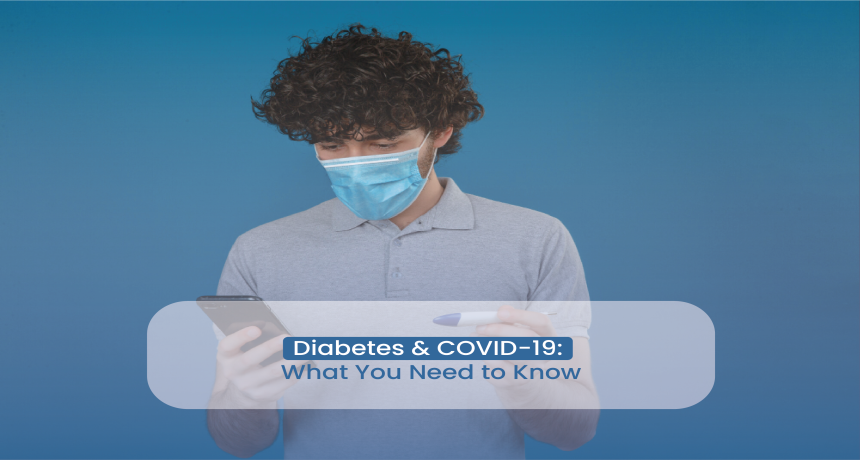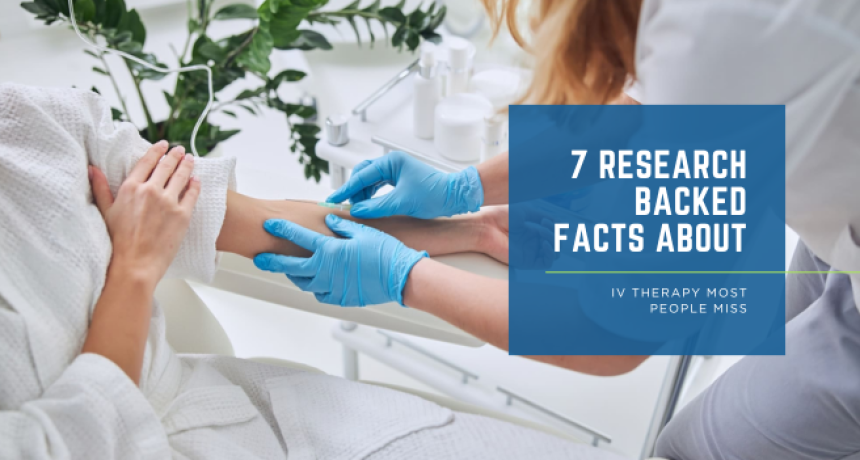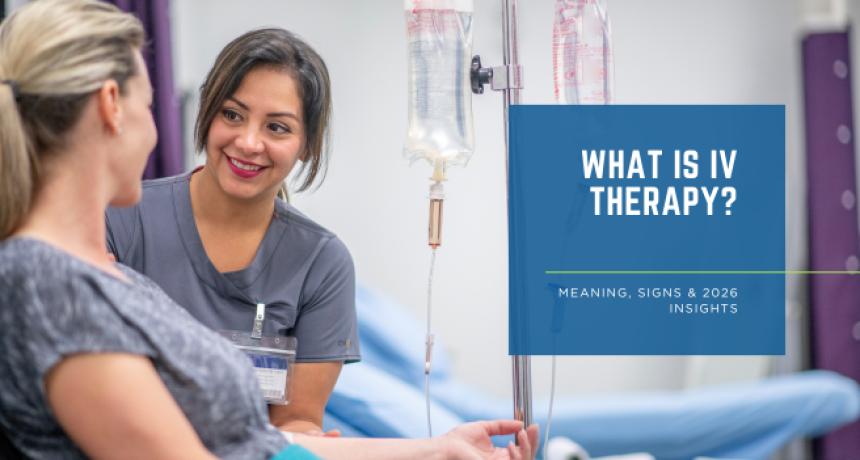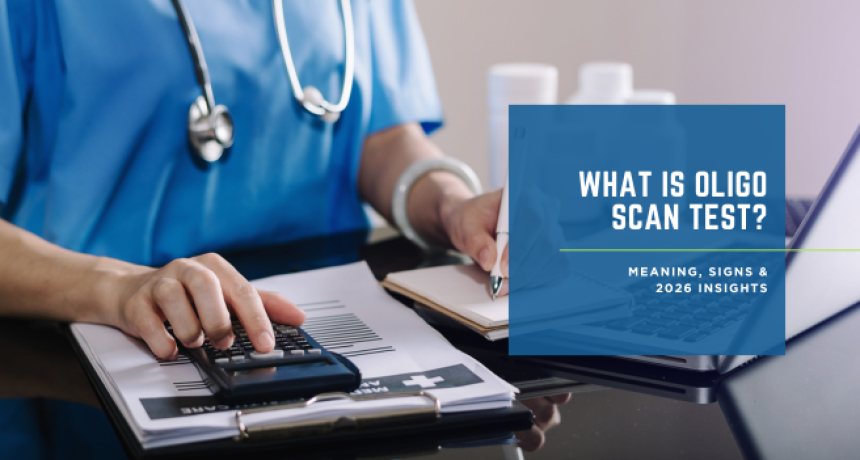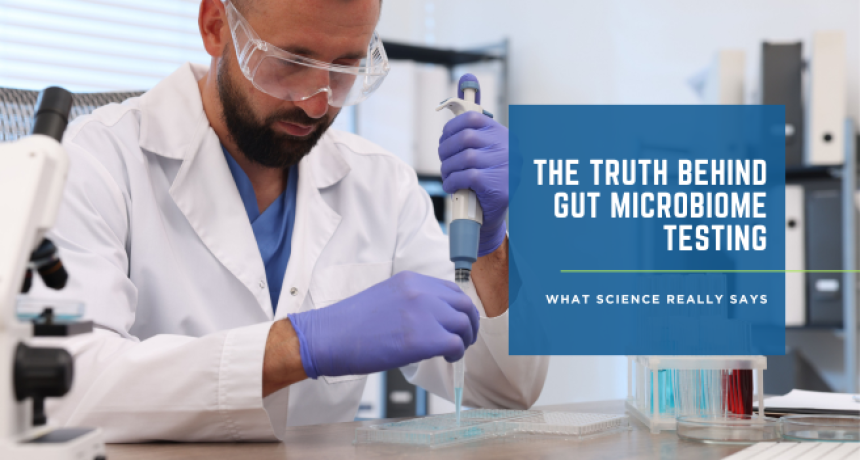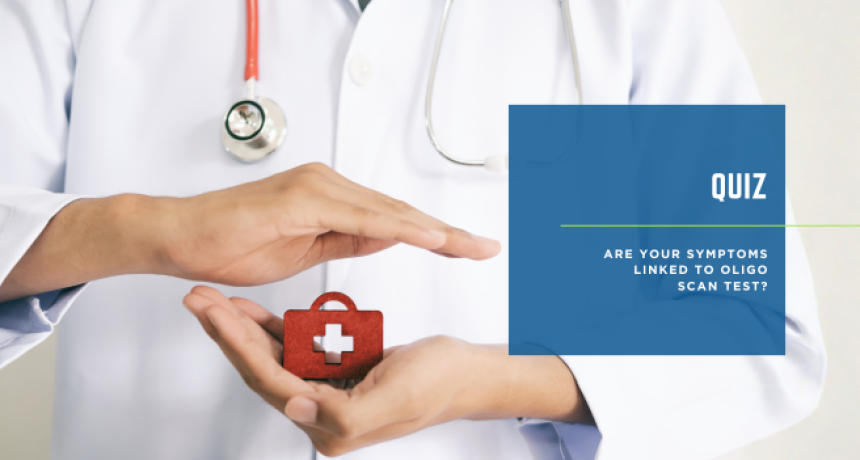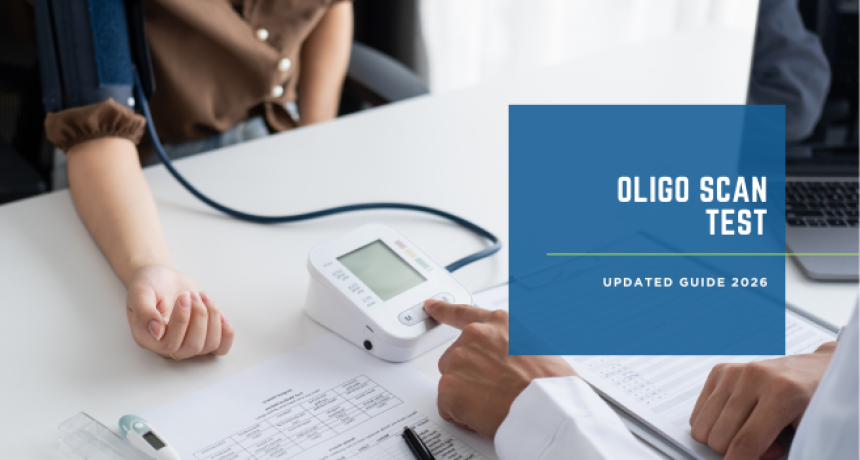Diabetes & COVID-19: What You Need to Know
2025-10-08 The COVID-19 pandemic began, and certain health conditions can put people at a greater risk of serious illness. Diabetes is one of the most significant health conditions. If you or a special someone has diabetes, it is essential to know how COVID-19 impacts you, the precautions you can take and how you can manage both diabetes and COVID-19. This blog will describe everything you need to know about diabetes and COVID-19 in plain language. Let’s go! Yes, people with diabetes are at increased risk for severe illness from COVID-19. But let's clarify that a bit: Having diabetes does not mean you are at greater risk of becoming infected with COVID-19. But if you become infected with COVID-19, your risk of serious complications is increased. This includes your risk of hospitalization, ICU admission, and death. If you have diabetes, particularly if your blood sugar is not in good control, it can hurt your immune system. That makes it more difficult for your body to fight off infections, like COVID-19. Additionally, people with diabetes often have other health problems, such as: High blood pressure Obesity Heart disease Kidney problems These conditions increase the risk of severe COVID-19 outcomes. The good news is that the COVID-19 vaccine is safe and highly recommended for people with diabetes. Here are some reasons why individuals with diabetes should get vaccinated: Reduces the risk of severe illness Delivers a reduced risk of hospitalization and complications Provides prompt immunity safely People generally report mild side effects, including: Fever Fatigue Headache Soreness near the injection site The side effects are typically mild and temporary. As far as concerns about diabetes, people with diabetes do not tend to have worse side effects than anyone else, but it is always a good idea to keep a close eye on your blood sugar after vaccination, as some people report more temporary changes in sugar levels because of their body's immune response. Recovering from COVID-19 when diabetic can be slightly more complicated, but it is doable with good management. Here’s what you can expect: COVID-19 may elevate blood sugar levels even when they have been stable. If you use an insulin or diabetes medication, you may have to have this adjusted. Your body requires more energy to fight the virus, why you may feel fatigued longer than others. Stress and illness can also lead to hyperglycemia (high blood sugar). Monitor blood sugar levels more frequently. Stay hydrated and eat small, healthy meals. Get plenty of rest. Don’t stop your diabetes medications unless advised by a doctor. Keep in touch with your healthcare provider. After a person recovers from COVID-19, many diabetes patients notice changes in their blood glucose. Some will have prolonged elevated blood glucose. Others will have fluctuating glucose levels that make diabetes more complicated to manage. Some people who have never been diagnosed with diabetes before COVID-19 have been diagnosed with new-onset diabetes. This likely happens because COVID-19 can affect the pancreas (the organ that makes insulin) and increase stress hormones that increase glucose. Check your sugar levels regularly, even weeks after recovery. Follow up with your doctor or endocrinologist. Watch for symptoms of high blood sugar: thirst, fatigue, blurry vision, and frequent urination. Continue eating a balanced diet and exercising gently (after your doctor’s okay). People with diabetes need to be extra cautious during a pandemic. While COVID-19 is now more manageable, the risk is still there. Consider trying these precautionary steps: Stay current with booster doses as you feel they are appropriate in consultation with your healthcare provider. Especially if you belong to a high-risk group or during cold and flu season. Wash your hands frequently. Avoid touching body parts that may have contained germs (your face, eyes, nose, mouth...) Consider staying home if there is a local outbreak or if cases are on the rise. Look out for the symptoms of COVID-19, like cough, fever, sore/ scratchy throat, fatigue If you feel unwell, check your blood sugar levels more often Consider what your diabetes medications will look like if you get sick. It's also a good idea to have emergency contacts and emergency medications ready if you need them once you are sick. While no supplement or food will protect you from COVID-19 entirely, having a good immune system helps your body fight infections. Here are some ways turned take its blood glucose control to a higher level: Eat plenty of whole grains, vegetables and fruits, lean protein, and healthy fat. Stay away from sugary snacks and highly processed foods. Make sure to drink plenty of clean water. Walking, yoga, and light workouts help control your sugar and also better your immunity. If you are recovering from COVID-19, avoid heavy workouts. You should get 7-9 hours of good-quality sleep to help support your immunity. Elevations in stress increase blood glucose and reduce your immunity. Try deep breathing, listening to calm music, or meditating. Don't skip your prescribed insulin or other meds, and remember to keep your appointment with your healthcare provider. Usually, vitamin D, vitamin C, and zinc are better options. Always consult a physician before taking any type of supplements. Let’s wrap up the key points: COVID-19 has shed light on the importance of taking responsibility for our health, especially for those of us living with chronic conditions like diabetes. While the situation is improving with vaccines, better treatment options, and a better understanding of COVID-19, risk still exists. Stay educated and informed and take the steps necessary to protect yourself and your family. If you live with diabetes, take additional precautions, follow medical advice, and be sure to seek help when you're unwell. Consider exploring the diabetes reversal program in Delhi at LB Clinics for personalized care and support. Your health is ultimately in your hands, and with a few precautions, you can be safe and healthy. Stay safe, stay healthy. 💙Is Diabetes a High Risk for COVID-19?
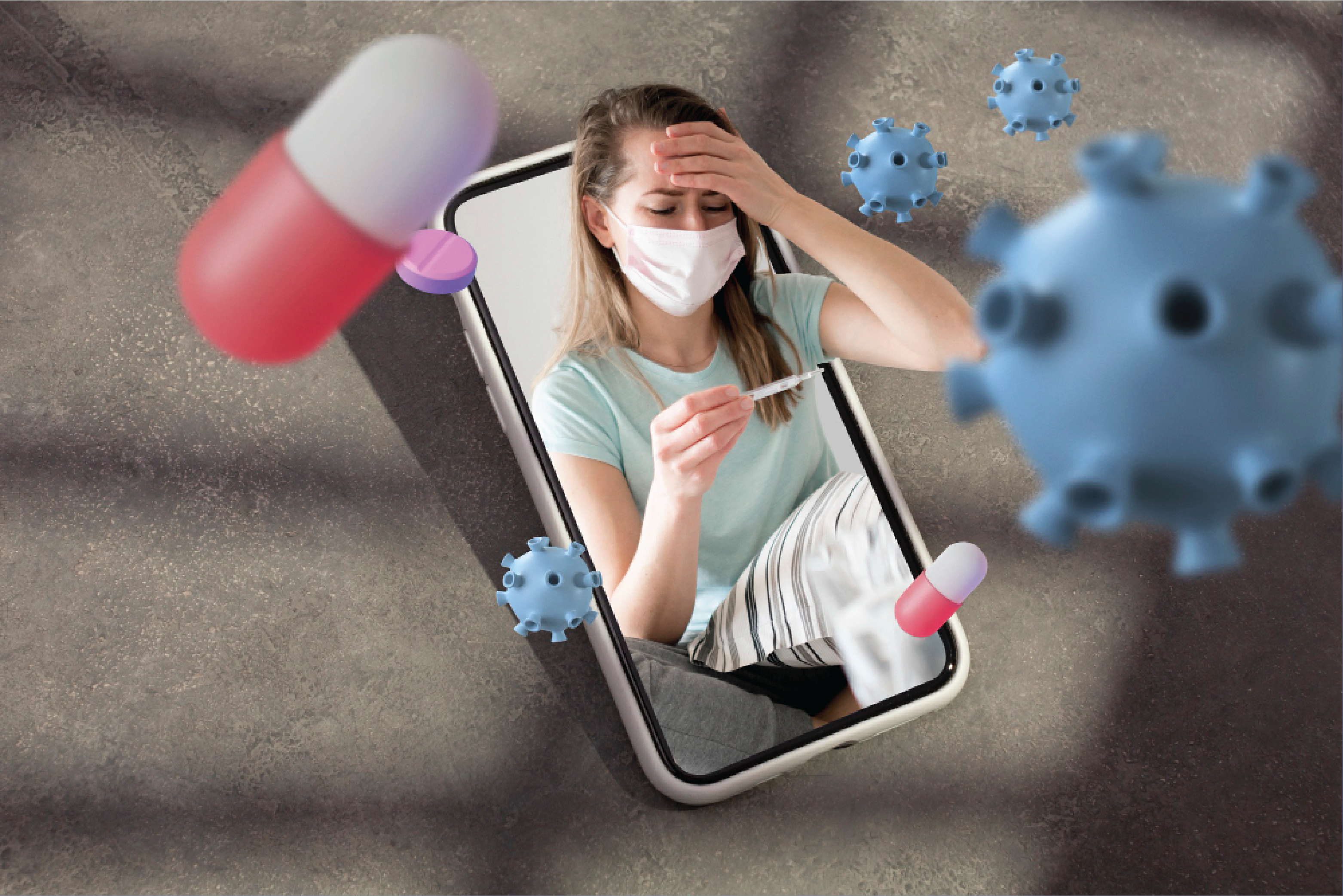
Why is this the case?
COVID-19 Vaccine for Diabetics
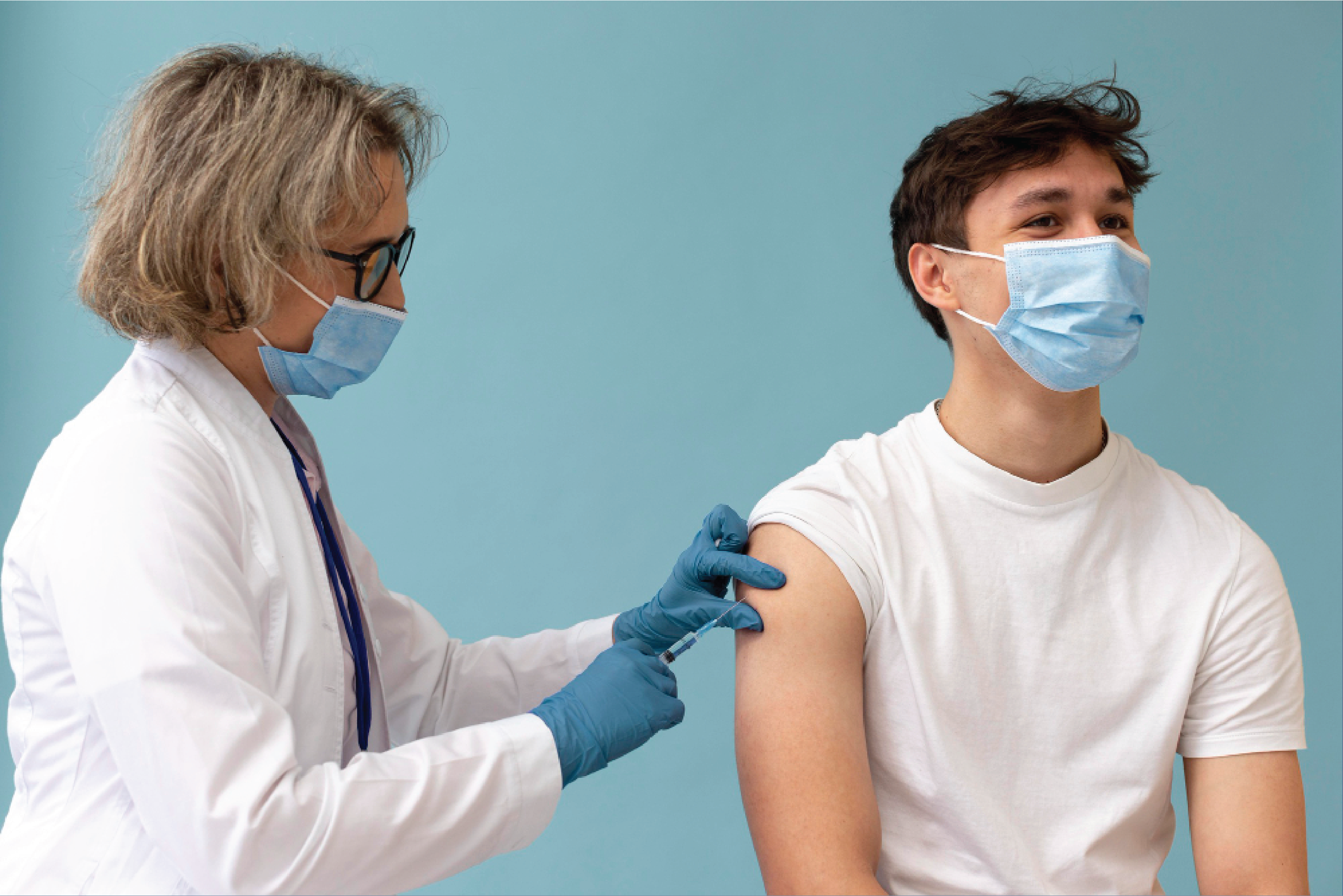
Are there side effects?
COVID Recovery with Diabetes
What you can do:
Post-COVID Sugar Levels
What can occur?
What should you do?
COVID Precautions for People with Diabetes
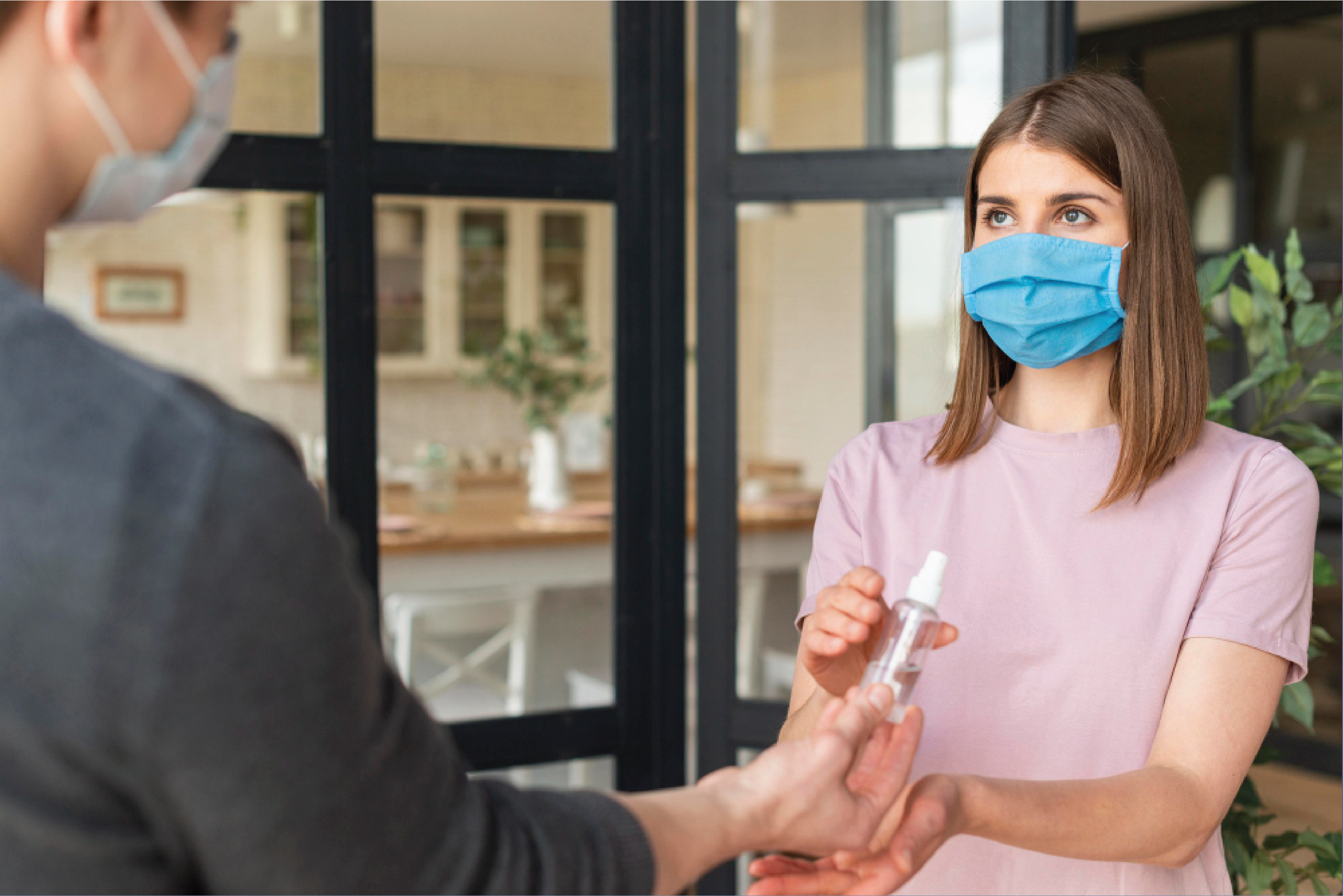
1. Get vaccinated and stay current
2. Wear a mask indoors in crowded places
3. Practice good hygiene
4. Avoid traveling if unnecessary
5. Take care of your health
6. Having a plan for when you are sick
Boosting Immunity for Diabetics
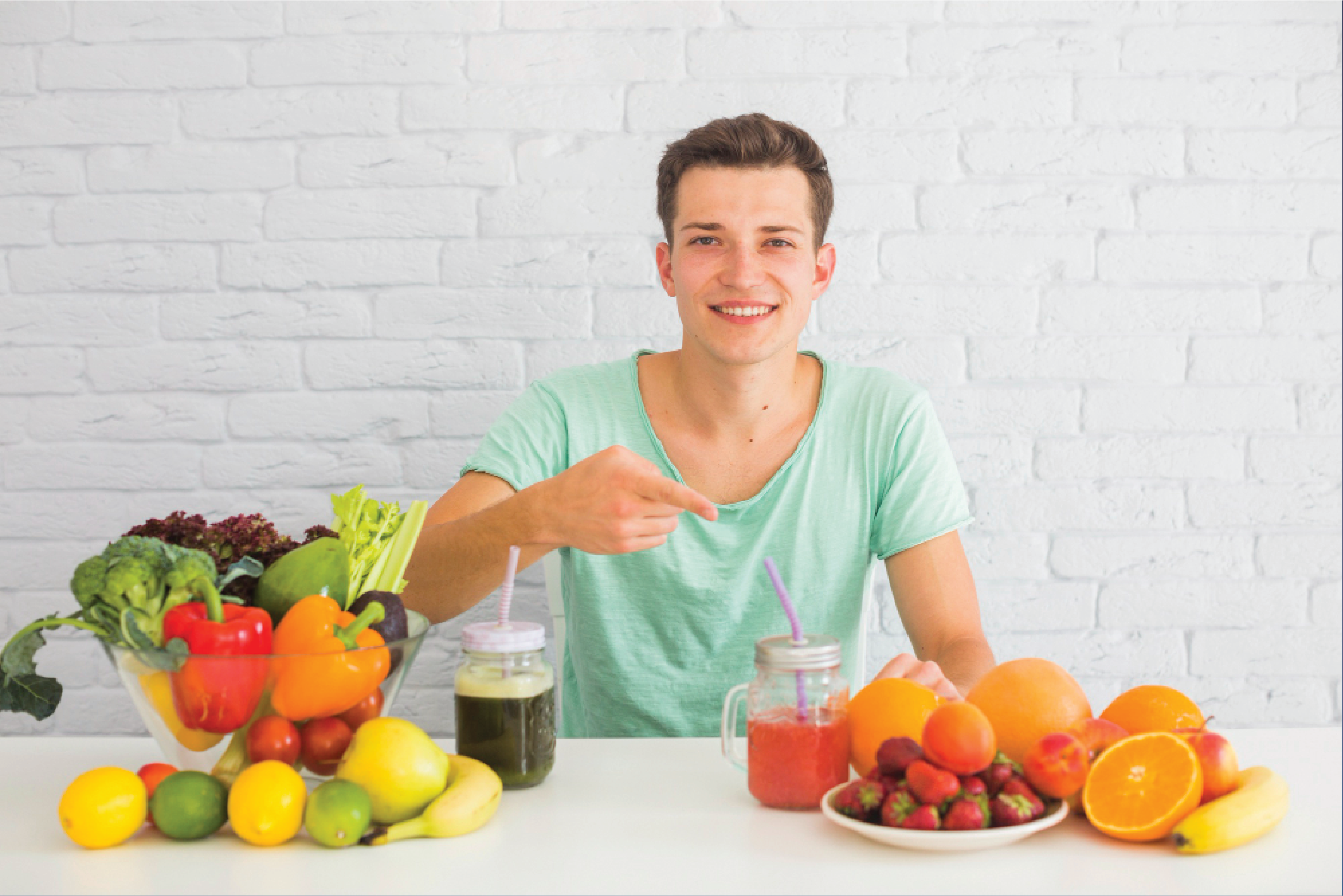
1. Follow a balanced diet
2. Stay hydrated
3. Get regular exercise
4. Get enough sleep
5. Manage stress
6. Take your meds regularly
7. Take vitamin supplements
Key Takeaways
Conclusion:
.png)
